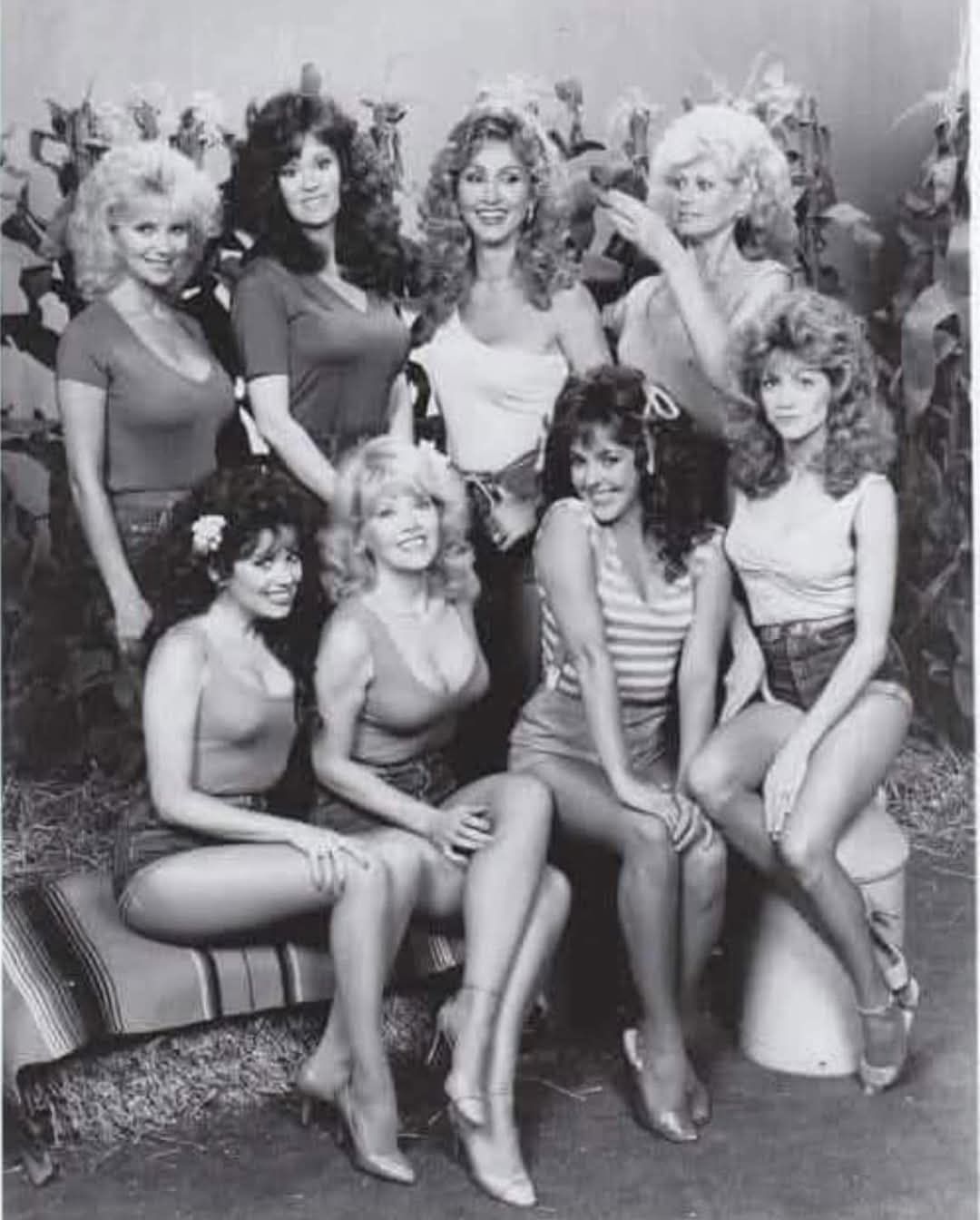
Hee Haw wasn’t just another TV show—it was a cultural comfort blanket, a weekly ritual that brought families together long before streaming, rewinds, or algorithms existed. It occupied that sweet spot in American entertainment where humor didn’t need polish, fancy editing, or elaborate production tricks—just good timing, a talented cast, and the simple joy of knowing exactly what kind of laughter you were about to get. That’s why an uncut Hee Haw scene still carries real power today. It’s more than a clip from an old show; it’s a time machine filled with memories.
If you grew up with Hee Haw, you know exactly what I mean: Saturday nights in front of the TV, the whole family gathered naturally, snacks on folding tables, maybe a fan humming in the corner. No one checked their phones. No one scrolled. The show demanded attention through charm, music, and humor that made entire living rooms laugh together. Today, discovering a rare unedited scene isn’t just nostalgia—it’s a reminder of a simpler, more genuine kind of connection.
What makes these raw scenes so captivating is how different they feel from modern TV. Today’s entertainment is all sharp edges, heavy editing, dramatic retakes, and content optimized for viral moments. Hee Haw wasn’t like that. It had rough edges. Sometimes the cast broke character because a joke genuinely caught them off guard. Timing wasn’t manufactured—it was real. Those small imperfections—the unpolished charm, the authentic laughter—weren’t flaws. They were the magic.
This authenticity shines in the legendary Kornfield Jokes segment—a show staple and practically a cultural icon. Cast members popped out of a cornfield, traded groan-worthy jokes with deadpan faces, cracked each other up, and occasionally messed up a line on camera without shame. Nothing staged. Nothing corrected. Just real people, real reactions, and pure fun. You didn’t need to know country life to appreciate it—the humor was universal because it came from genuine human connection.
Music carried the same weight. Hee Haw gave viewers access to a parade of country legends and rising stars, performing in settings that felt more like backyard jam sessions than formal stages. Guitars, banjos, fiddles, and raw energy flowed naturally. The unedited recordings only amplify that authenticity—you hear breaths between verses, a wink from a bandmate, or a spontaneous grin at an ad-libbed line. These small details turn a simple performance into a living memory.
It’s easy to forget how important communal TV experiences once were. Before endless channels and personal devices, families watched together. Hee Haw appealed across generations—grandparents laughed, parents relaxed, and kids absorbed the silliness, even if they didn’t understand every joke. It bridged age gaps effortlessly, something few shows do today.
That’s why an uncut Hee Haw scene resonates so strongly. You’re not just watching a show—you’re remembering the people you watched it with. A grandparent in their favorite chair, a parent laughing along, siblings rolling their eyes but secretly enjoying it. These scenes hold emotional fingerprints that last a lifetime.
Even new viewers, those who didn’t grow up with the show, feel the warmth. There’s something refreshing about humor that isn’t performative, storytelling that’s straightforward, and entertainment that doesn’t chase metrics. There’s no sarcasm or hidden agenda—just honest, simple fun.
And that honesty is timeless. Mistakes, flubbed lines, imperfect props—those are the moments people remember. They make the cast relatable, human, approachable. The chemistry among the performers is visible in every glance, every shared laugh, every playful moment off-script. That kind of connection can’t be faked—it’s genuine, and Hee Haw had it in abundance.
This bond extended to the audience too. The show never talked down, never tried to be edgy or sophisticated. It embraced silliness proudly, wrapped comedy in kindness, and created a world where everyone felt invited. That warmth is something today’s entertainment often lacks.
Watching these unedited scenes isn’t just about nostalgia—it’s a reminder that entertainment doesn’t need perfection to be meaningful. It’s about catching a breath of simplicity, discovering humor without cruelty, and remembering that laughter can be shared without irony.
So when you notice a small detail, a subtle expression, or an unexpected moment in uncut Hee Haw footage, you’re seeing what made the show special: the humanity, the heart, the authenticity.
Hee Haw wasn’t just a show—it was a reminder of how good it felt when entertainment’s only goal was to make you smile. And sometimes, that’s enough.
